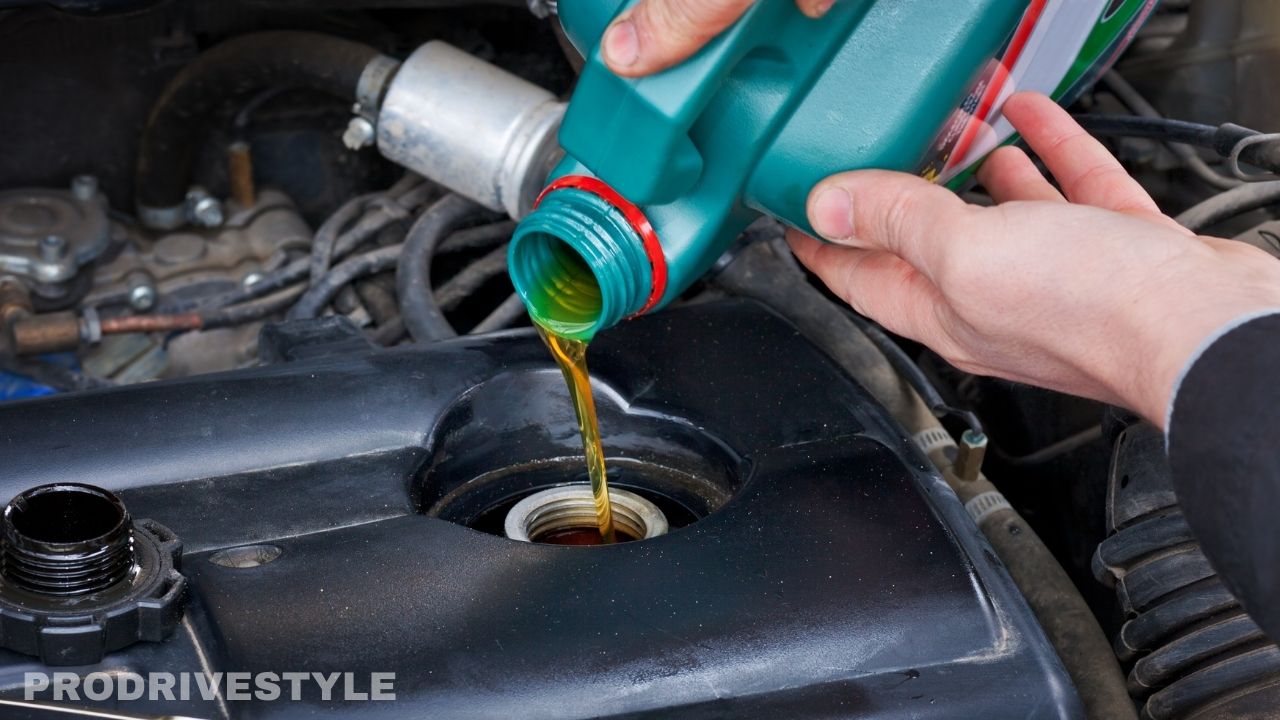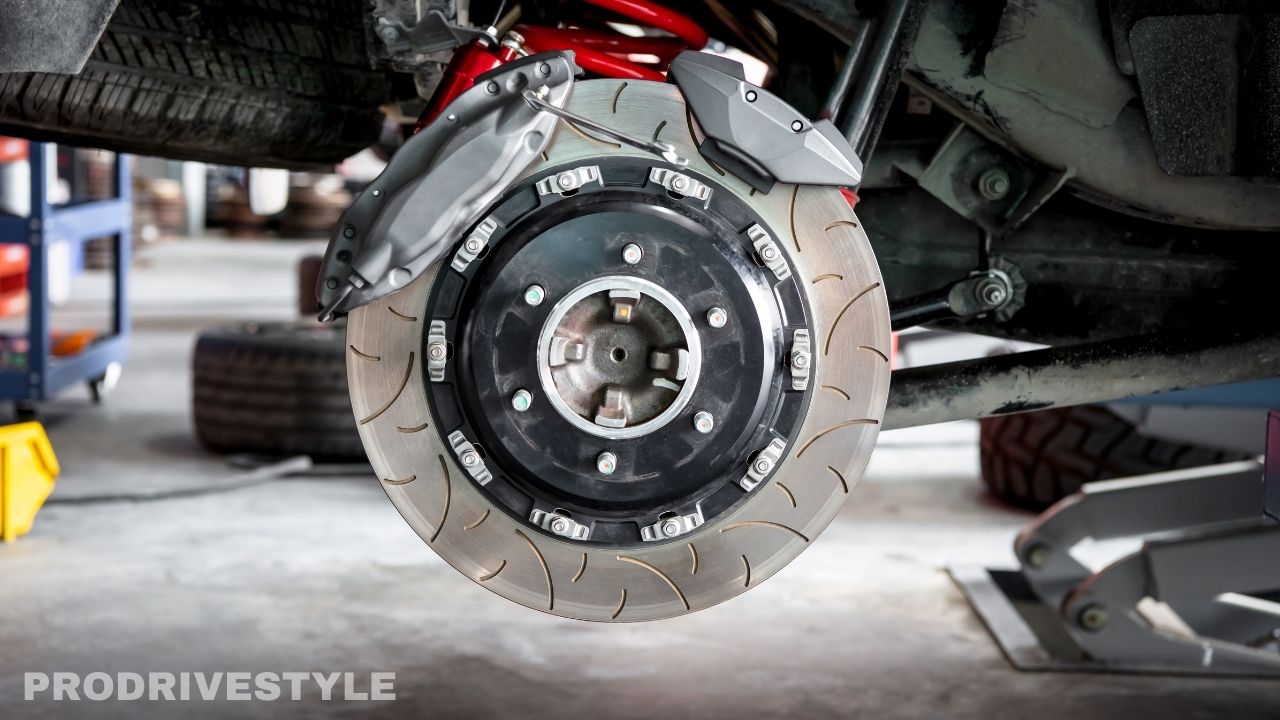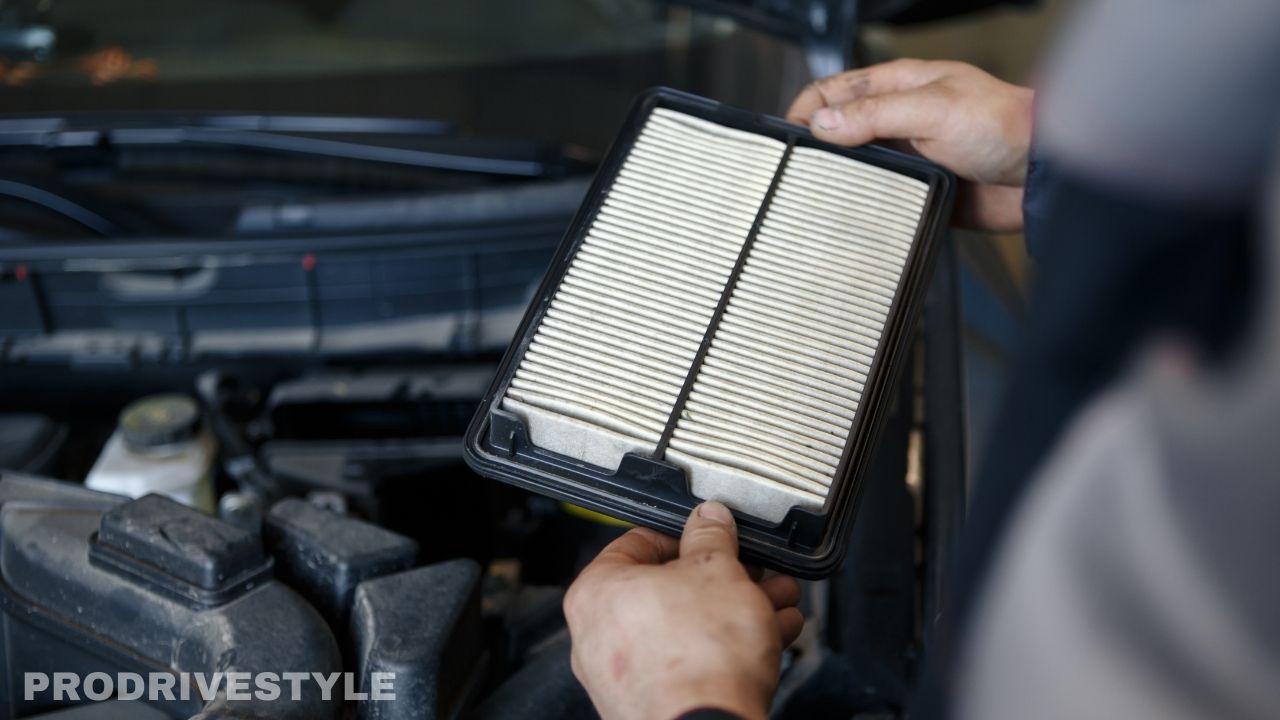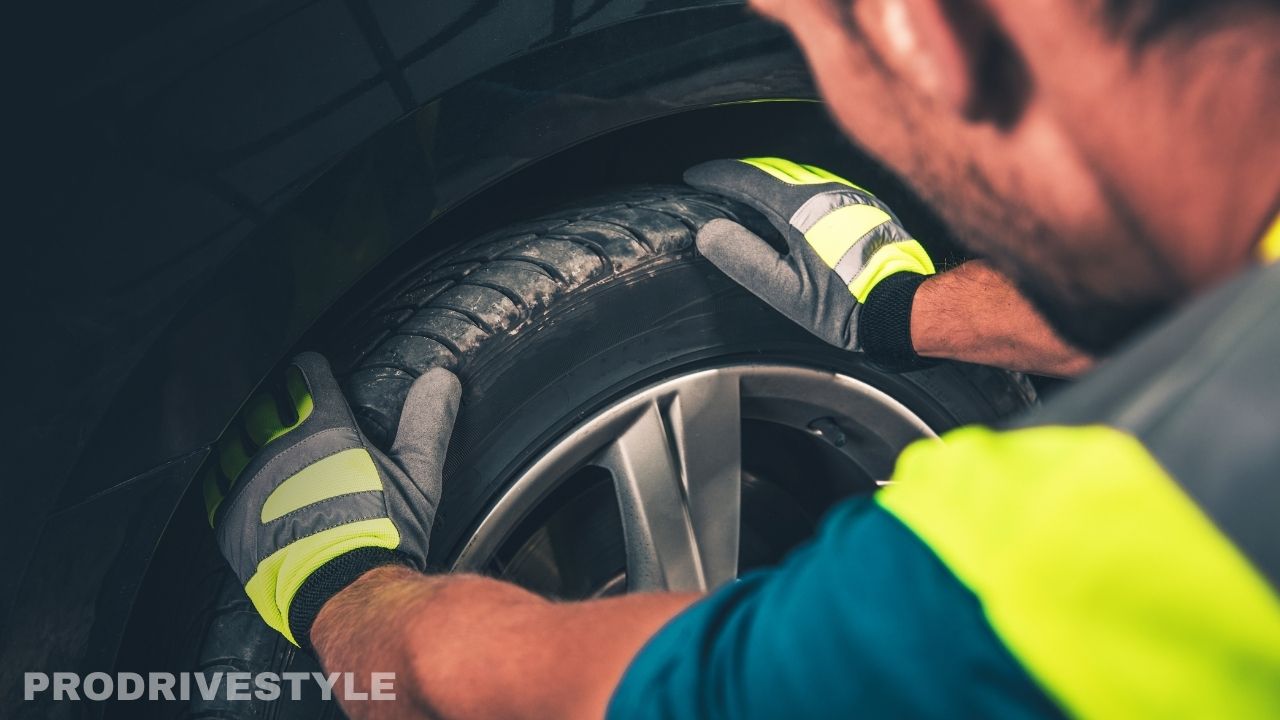Maintaining your car properly is essential to ensure its longevity and optimal performance. Regular maintenance can prevent costly repairs, enhance safety, and improve the overall driving experience. In this article, we will explore the top 10 essential car maintenance tips to keep your vehicle running smoothly for years to come.
1. Regular Oil Changes
Car maintenance tips: One of the simplest yet most crucial maintenance tasks is changing your car’s oil regularly. Fresh oil lubricates the engine’s moving parts, reduces wear and tear, and helps maintain optimal engine performance. Follow the manufacturer’s recommendations for oil change intervals, usually every 5,000 to 7,500 miles. Using the right type of oil for your car is also important check your owner’s manual for specifications.

2. Check Tire Pressure
Proper tire pressure is vital for safe driving, fuel efficiency, and even tire wear. Under-inflated tires can lead to poor handling, increased fuel consumption, and a higher risk of blowouts. Over-inflated tires, on the other hand, can cause uneven tire wear and a harsher ride. Check your tire pressure at least once a month and before long trips. Make sure to use the recommended pressure levels stated in your vehicle’s owner’s manual or the tire placard located on the driver’s side door jamb.
Check out this product; Portable Air Compressor
3. Inspect and Replace Wiper Blades
Clear visibility is essential for safe driving, especially in adverse weather conditions. Windshield wiper blades can wear out or become damaged over time, reducing their effectiveness. Inspect your wiper blades regularly for signs of wear, such as streaking, skipping, or splitting, and replace them if needed. Generally, it’s a good idea to replace your wiper blades every six months to a year.
4. Brake System Maintenance
Car maintenance tips: Your brakes are one of the most critical safety features of your car. Regularly check your brake pads, rotors, and brake fluid levels. Listen for any unusual noises, such as squeaking or grinding, which could indicate worn brake pads or other issues. Replace brake pads as needed, and bleed your brake system if the brake fluid is contaminated or has absorbed moisture. For most cars, brake fluid should be replaced every two years.

5. Maintain Your Battery
Car maintenance tips: A well-maintained battery is essential for reliable car performance. Check your battery’s terminals for corrosion and ensure it is securely mounted. Clean and tighten connections if necessary. Keep the battery case clean and dry, and make sure it’s properly charged. Most car batteries last about 3-5 years, so consider replacement if your battery is aging or if you experience starting problems.
6. Replace Air Filters
Clean air filters are crucial for engine performance and a healthy cabin environment. The engine air filter prevents dirt and debris from entering the engine, while the cabin air filter ensures the air inside the car is clean. Replace your engine and cabin air filters at the intervals recommended by your vehicle manufacturer to ensure proper airflow and filtration. Typically, engine air filters should be replaced every 12,000 to 15,000 miles, while cabin air filters should be replaced every 15,000 to 30,000 miles.

7. Monitor Fluid Levels
Car maintenance tips: Regularly checking and maintaining your car’s fluid levels is essential for preventing mechanical issues. This includes engine oil, coolant, transmission fluid, brake fluid, and windshield washer fluid. Keep an eye on these levels and top up or replace as needed. Low or contaminated fluids can lead to overheating, transmission issues, and other problems. Make it a habit to check your fluids every month and before long trips.
8. Inspect Belts and Hoses
Car maintenance tips: Belts and hoses in your engine compartment can wear out over time and cause serious mechanical issues if they fail. Inspect them regularly for signs of wear, cracks, or leaks, and replace them as necessary. The serpentine belt, timing belt, and various hoses play crucial roles in your engine’s operation. Follow your vehicle manufacturer’s recommendations for replacement intervals, usually every 60,000 to 100,000 miles.
9. Rotate Tires
Car maintenance tips: Tire rotation helps to ensure even tire wear and extends the lifespan of your tires. Different driving conditions and driving habits can cause tires to wear unevenly. Rotating your tires helps balance out these wear patterns and improves handling. Rotate your tires according to your vehicle manufacturer’s recommendations, typically every 6,000 to 8,000 miles, or at every oil change.

10. Keep It Clean
Regularly washing and waxing your car protects the paint and prevents rust. Clean the interior to maintain a pleasant driving environment and preserve the value of your vehicle. A clean car is not only more enjoyable to drive but also lasts longer. Pay attention to details like cleaning the undercarriage to remove dirt and salt, which can cause corrosion over time.
Conclusion
By following these car maintenance tips, you can ensure that your vehicle remains in top condition, providing you with reliable and efficient transportation for many years. Regular maintenance helps to prevent costly repairs and enhances the overall driving experience. Investing a little time and effort into car maintenance now can save you a lot of trouble and expense in the future.
For a video guide on essential car maintenance tips, check out this comprehensive video:
Further Reading about car maintenance tips:
For more detailed information, you can refer to the following sources:
